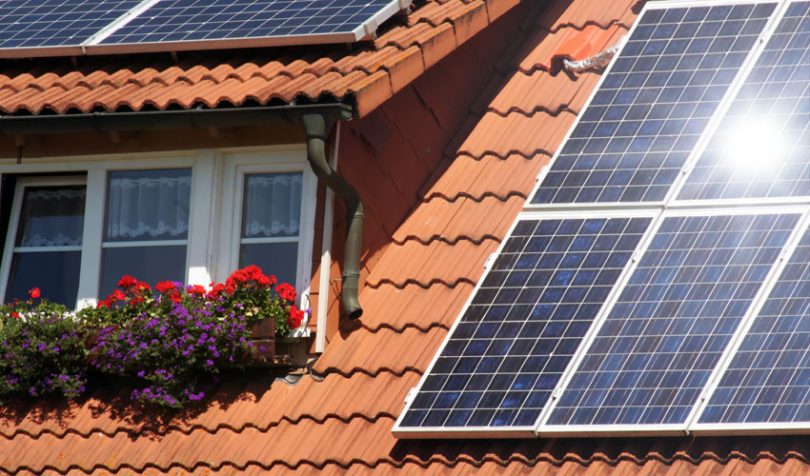Today the European Commission published a document about digitalising the energy sector. As part of its action plan, it will develop an experimental platform for blockchain-based energy trading. It also mentions actions to restrict energy use for crypto mining during the current crisis.
Regarding energy trading, it typically involves renewable energy projects in which households can provide solar-generated power to the grid or a local microgrid. These power sellers are compensated using blockchain for trading and tracking transactions.
Europe’s experiment will focus on how people respond to price signals and identify potential barriers to adoption, whether legal, regulatory, fiscal or technical.
Some regulatory issues have already been identified. A blockchain-based platform, Equigy, aims to crowd-balance energy. It was founded in 2020 by four major European energy grid firms, Italy’s Terna, swissgrid, TenneT, and Austria’s AGP.
TenneT and TransnetBW have proposed changes to German regulations to allow so-called redispatch for small distributed sources of energy. The grid operator uses redispatch to prevent congestion by adjusting incoming energy from power plants – or in this case prosumers.
Blocking blockchain miners
Europe’s action plan also takes aim at energy hungry proof-of-work blockchains such as Bitcoin. Given the current energy crisis, it suggests that European countries implement “targeted and proportionate measures to lower the electricity consumption of crypto-asset miners”. If load shedding in electricity systems is required, then mining should be shut off. Longer term it requests countries to remove tax breaks for crypto-miners.
Additionally, it plans to develop an energy-efficiency label for blockchains with international cooperation.






